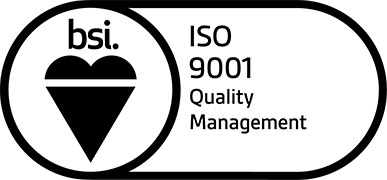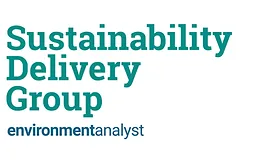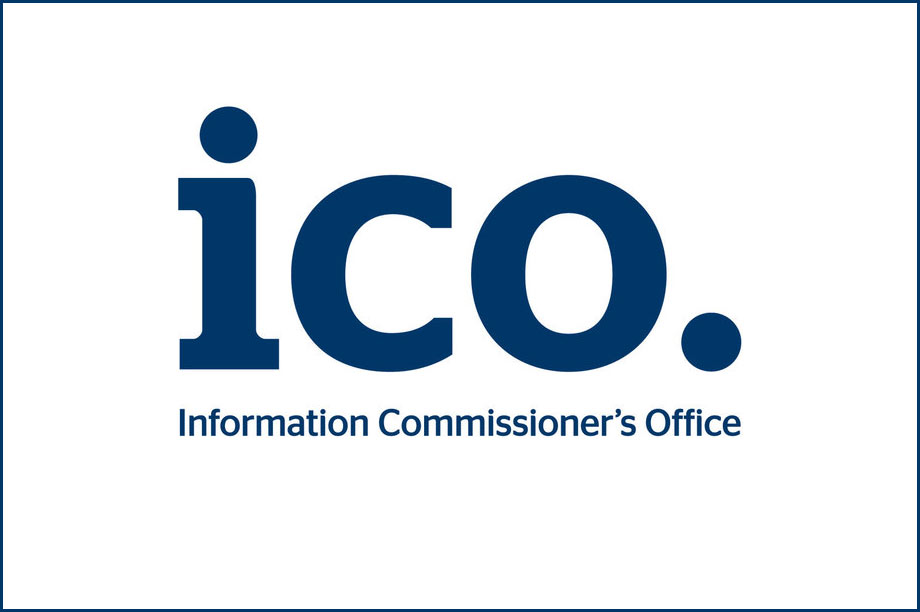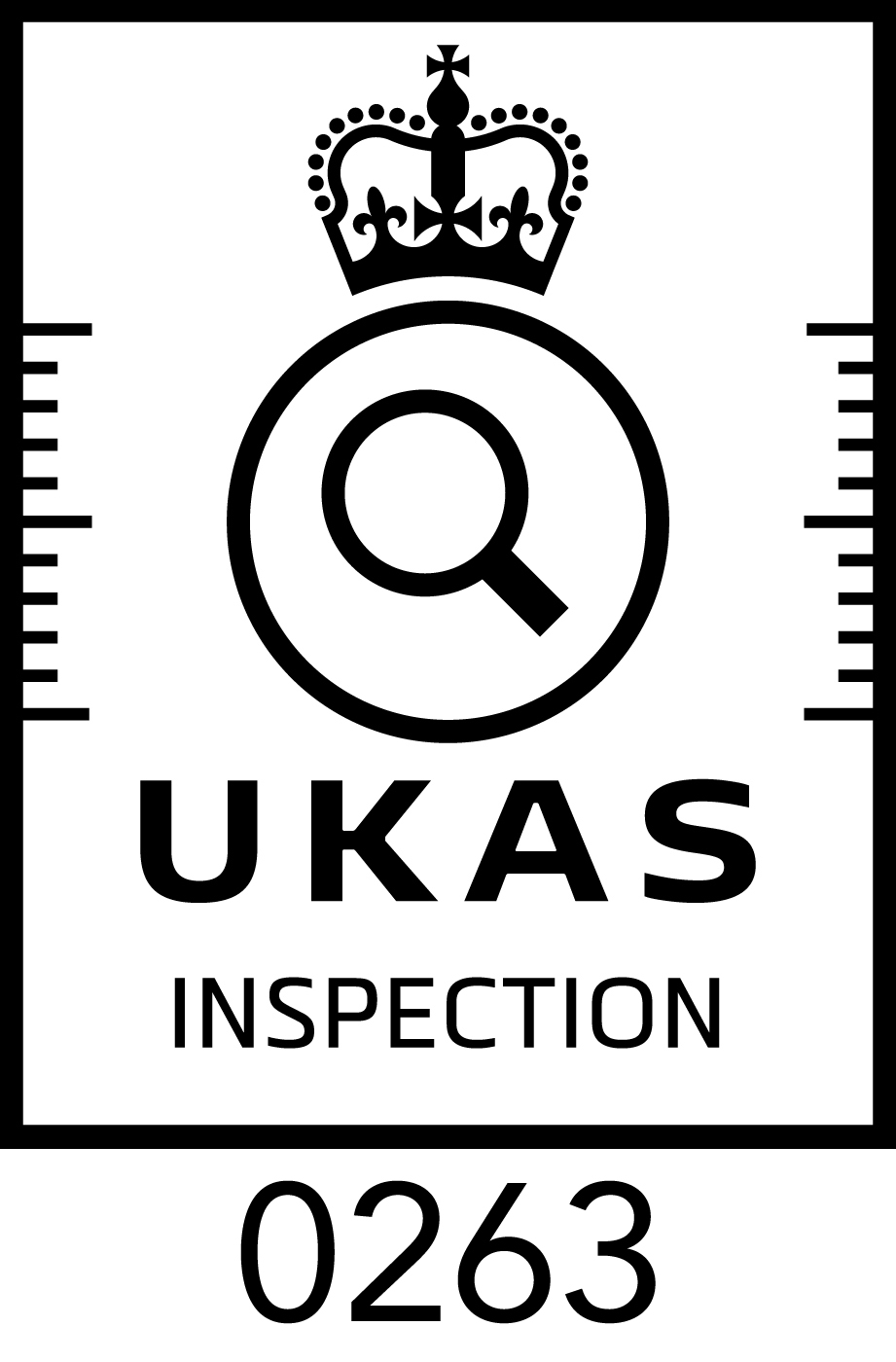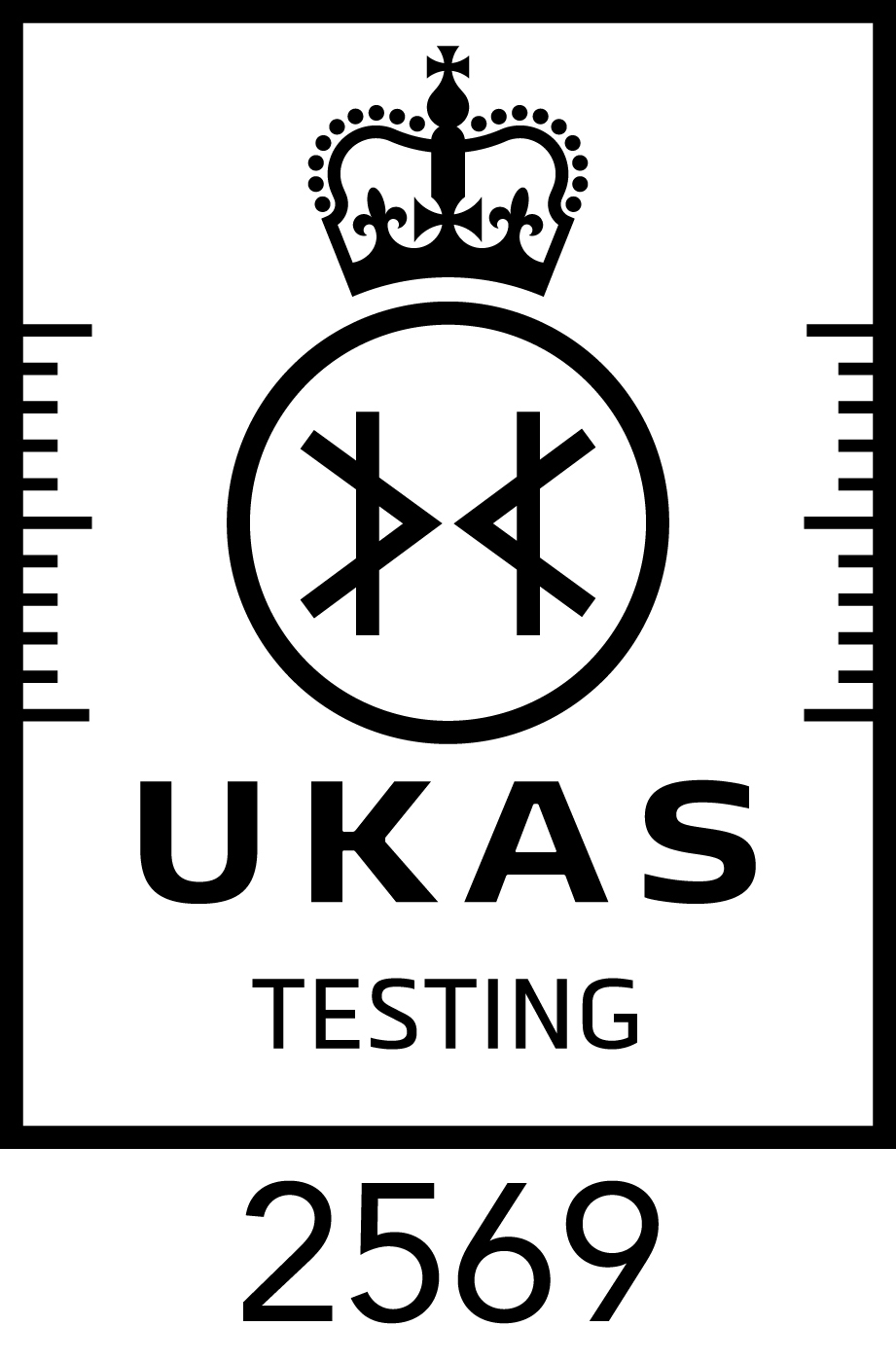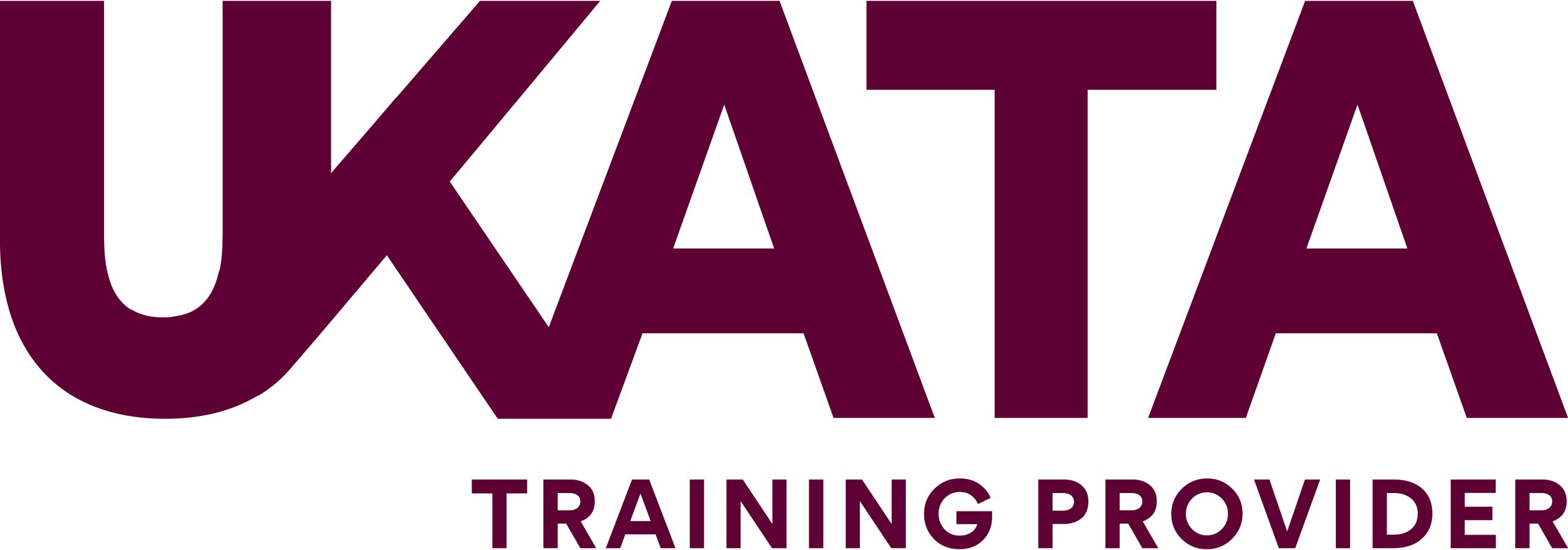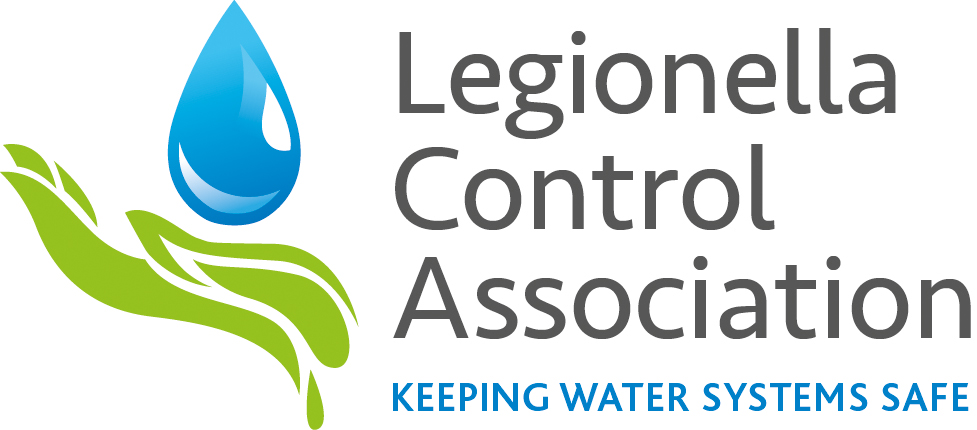In 2019, the UK became the first major economy to adopt a legal commitment to achieve ‘Net Zero’ carbon emissions by 2050. To support this, the Government Commercial Function developed a new commercial policy measure for all central government departments and arm’s length bodies. This measure requires suppliers bidding for major government contracts (greater than £5m per year) to commit to achieving Net Zero by 2050 and publish a ‘Carbon Reduction Plan’.
Procurement Policy Note 06/21 requires all major public sector suppliers to provide a Carbon Reduction Plan, which calculates mandatory emissions and states their commitment to achieving Net-Zero by 2050. In-Scope organisations are required to outline both existing and proposed mitigation measures for carbon reduction throughout their contract period.
Our client Shaw Trust, a South-West-based charitable organisation with approximately 3,400 employees, commissioned our ESG and Sustainability team through a comprehensive tender process. The project involved delivery of carbon footprint reports and reduction pathways, which incorporated Science based Targets. Our works included a thorough examination of emission scopes 1, 2 and a subset of scope 3 for 4 financial years, before developing a plan to achieve net-zero status by 2030.
Our client required carbon footprints in consideration of their 90 sites including offices, factories, retail stores and domestic housing. The client requested an in-depth substantial assessment of their portfolio of assets to ensure the outcome report was as accurate as possible. This included 4 energy efficiency site visits to a selection of the Client’s offices, plastics factory, garden centres and retail stores. Calculating our client’s carbon emissions included emissions associated with items like pens, laptops, use of the cloud and various goods sold at their various retail locations.
Contract Challenge
Shaw Trust required the compliance document as soon as possible, as compliance was required in order to win a government project tender of over £5m per year. Due to the complex and varied nature of the client’s sites, the data collection process took longer than anticipated.
Our Sustainability team were not permitted to audit any of the domestic properties and therefore conducted desk-based audits, reviewing each property’s energy performance certificate (EPC).
Our Solution
Throughout the project, our team were met with challenges due to some data being difficult to locate. This led to some delays in acquiring the required data. To ensure we helped our client achieve their tender deadline, our team conducted regular progress meetings with both our client and their various stakeholders. By engaging with our client’s team at regular intervals, we were able to acquire their ‘buy-in’ over the course of the contract, facilitating them to locate the information required for progress.











